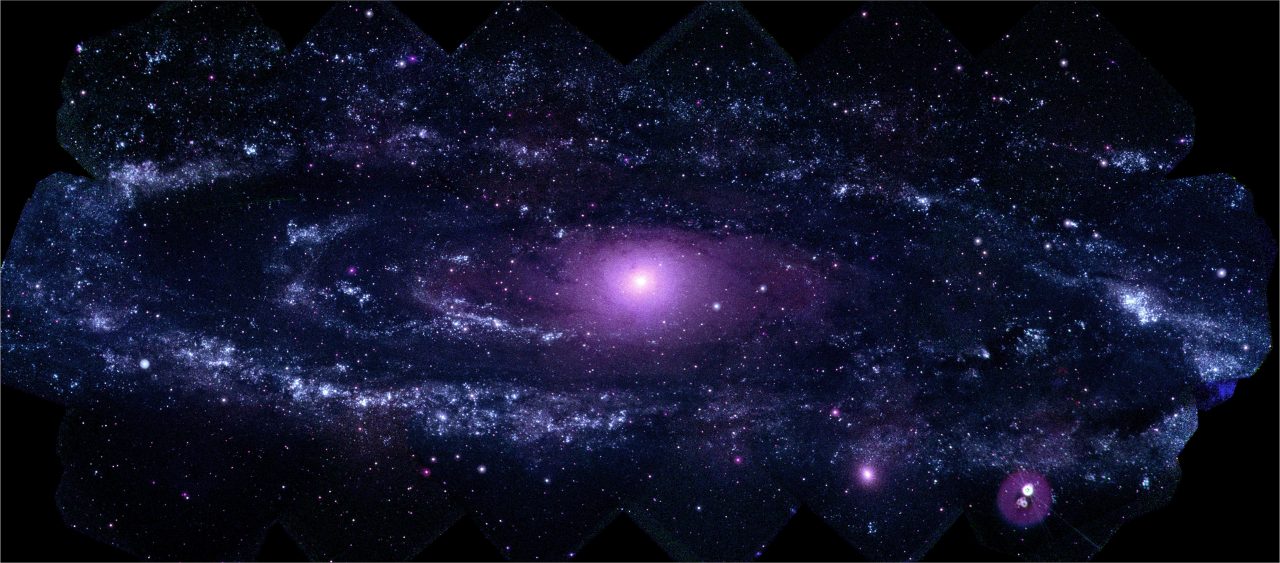
Many years ago I asked my brother, an astronomer, this question. I expected to hear “millions” or even “billions”. A big number, surely, but just remotely possible to comprehend.
He shrugged somewhat apologetically and admitted that no one knew the answer to that question, and likely no one ever would.
There are somewhere between 100 billion and 400 billion stars just in the Milky Way alone, based on scientific estimates of mass of the galaxy in which we live and scientific guesses at the ratio of different types of stars composing it. No way to count them, of course– it would take untold millennia just to rattle off “One, two, three, four… ten billion! Ten billion and one, ten billion and two….”
But the Milky Way is a tiny little backwater galaxy in a forgotten and dusty corner of the universe. There are at least ten billion galaxies in the universe, a high proportion of which are much grander and more substantial than our own. And that is the observable universe, of course. Our best scientific instruments are impossibly feeble when we ask them to probe beyond our own minuscule corner of the cosmos.
So think about the stars for just a moment or two. Think about the impossible, inconceivable vastness of it all, Just for a moment, and see if your own daily troubles don’t shrink by comparison.
